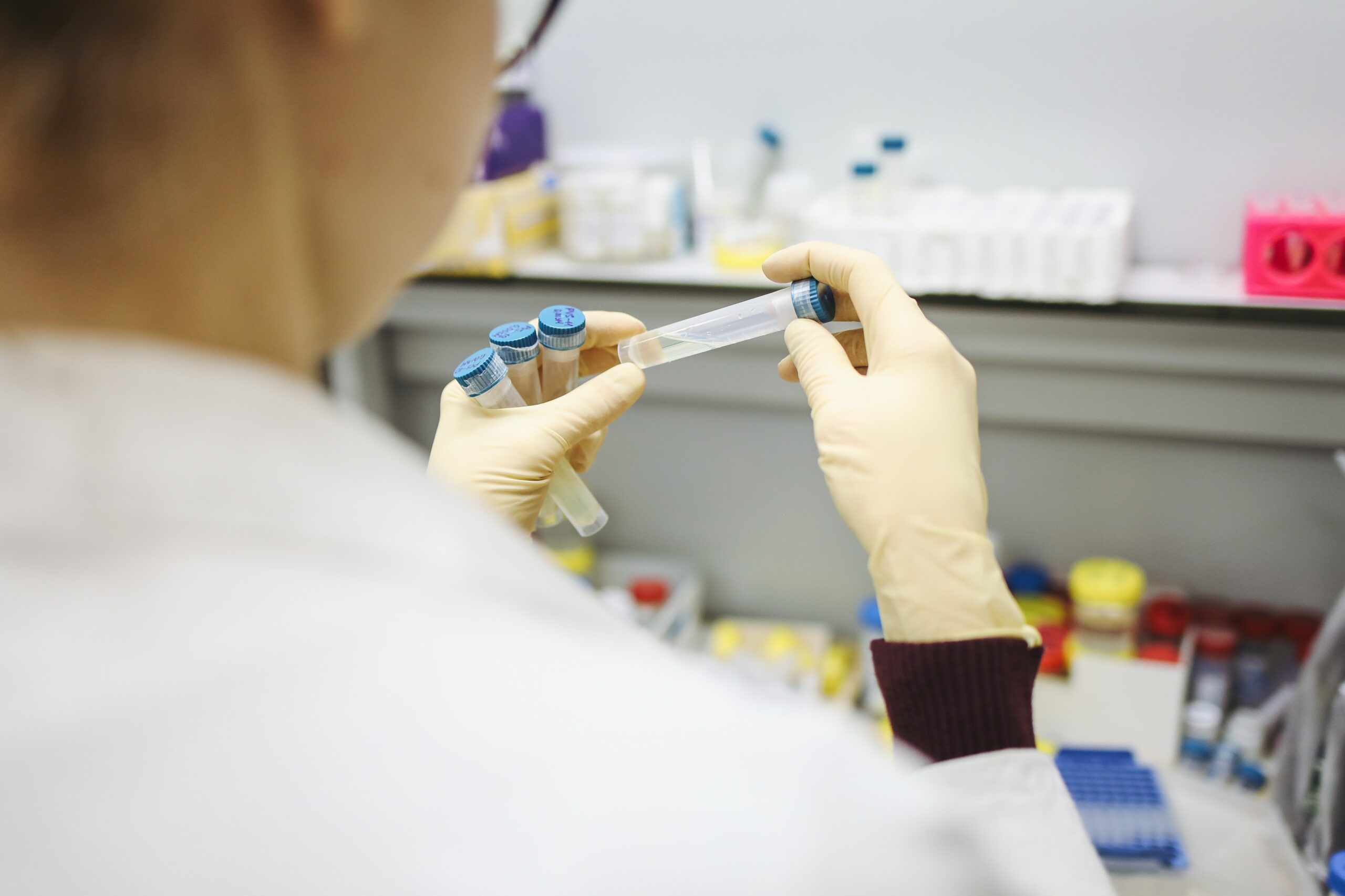Boosting Your Pet’s Health: The Benefits of Pet Supplements
Pet supplements are becoming increasingly popular among pet owners who want to get benefits of pet supplements and ensure their furry friends lead long and healthy lives.
Here are some benefits of pet supplements.
Improved Joint Health:
Pet supplements such as glucosamine and chondroitin can help alleviate joint pain and stiffness in dogs and cats.
Enhanced Digestion:
Supplements containing digestive enzymes can help pets with digestive issues, such as constipation or diarrhea.
Better Coat and Skin Health:
Omega-3 fatty acids found in supplements like fish oil can improve the quality of your pet’s coat and skin, reducing dryness, itchiness, and dandruff.
Reduced Anxiety and Stress:
Supplements containing chamomile and valerian can help soothe anxious pets, reducing symptoms of stress and anxiety.
Strengthened Immune System:
Vitamins and antioxidants found in some pet supplements can help boost your pet’s immune system, helping them fight off infections and diseases.
Increased Energy and Vitality:
Some supplements contain nutrients that help pets feel more energetic, improving their overall vitality.
Better Oral Health:
Supplements containing ingredients like probiotics and enzymes can improve your pet’s oral health, reducing the likelihood of tooth decay and gum disease.
Improved Cognitive Function:
Supplements containing omega-3 fatty acids can also improve cognitive function in pets, helping to prevent age-related cognitive decline.
In conclusion, pet supplements have become an increasingly popular option for pet owners looking to support their pets’ health and wellbeing. From improving joint health to boosting immune function, the benefits of pet supplements are numerous. However, with so many options on the market, it’s important to consult with your veterinarian to determine which supplements are right for your pet and their specific health needs.
By incorporating pet supplements into your pet’s routine, you can potentially help them live a longer, healthier life. Just be sure to choose high-quality supplements from reputable sources and always follow the recommended dosages.
Remember, while pet supplements can be beneficial, they should never replace a healthy diet and regular exercise. By combining a balanced diet, exercise, and targeted supplements, you can give your furry friend the best chance at a happy and healthy life. Consult with your vet today to start exploring the many options available for pet supplements.


